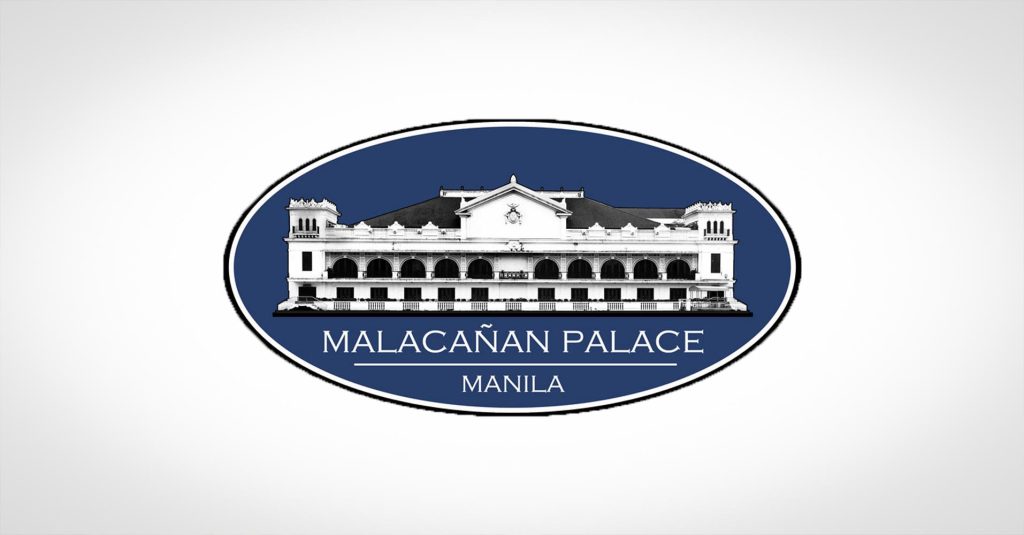
By Dean Aubrey Caratiquet
Delivering on his promise of providing better education for Filipinos, President Ferdinand R. Marcos Jr. signed into law Republic Act No. 12313, which aims to raise the bar on lifelong learning—touted as the key towards forging an inclusive, skilled, and productive nation.
Signed on October 23, the Lifelong Learning Development Framework (LLDF) recognizes learning as a continuous process that occurs through all life stages, enhancing know-how, skills, and competencies, which the LLDF seeks to strengthen even further.
It likewise establishes standards and guidelines for the implementation of this initiative among cities, particularly as municipalities, barangays, and lifelong learning providers across the archipelago.
The LLDF shall promote functional literacy across all sectors, ensure inclusive education, revitalize learning in families and communities, and support workplace learning, with the participation of industry and other stakeholders. It also seeks to extend the use of modern learning technologies, uphold learning quality, and foster a culture of learning throughout life.
The law stated, “Private corporations, institutions, workplaces, and other similar establishments are encouraged to provide inclusive lifelong learning to their employees to ensure that their skills remain relevant and responsive to the changes of the world of work.”
RA 12313 also strengthens the mandate of the Philippine Qualifications Framework—National Coordinating Council (PQF-NCC), adding the Secretaries of the Department of the Interior and Local Government (DILG) and the Department of Trade and Industry (DTI) as its members.
Established by virtue of Republic Act No. 10968 (Philippine Qualifications Framework Act), the Council is mandated to develop a master plan for lifelong learning within 6 months from the effectivity of the LLDF—which would be reviewed every three to five years to ensure its alignment with national development goals and stakeholder needs.
av
